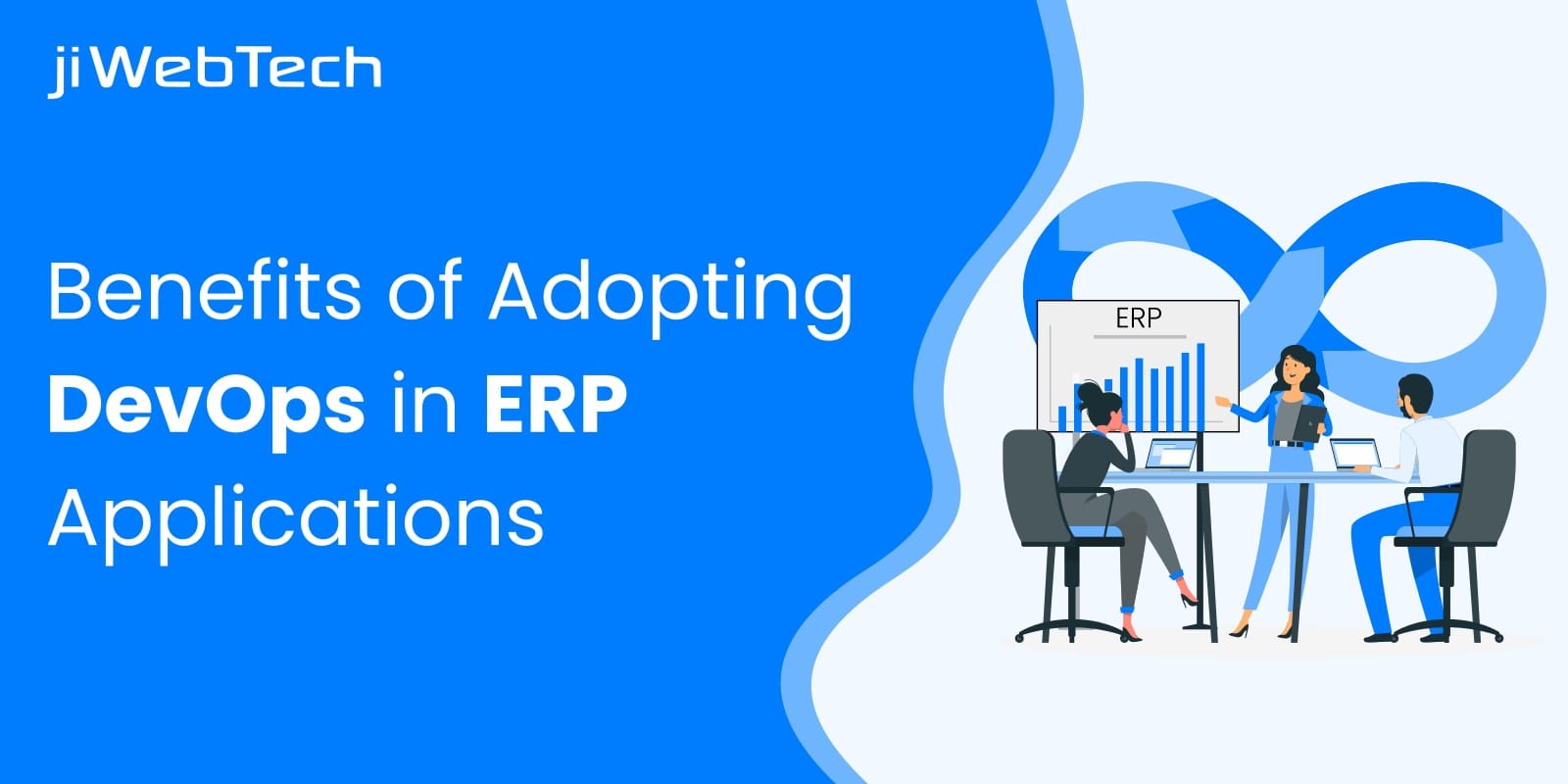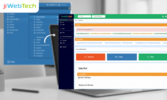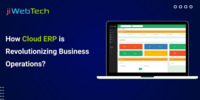- Mar 13, 2024
- Enterprise
- 5954
Share this post on:

DevOps is one of the most popular names in the IT Industry. Whether it is about delivering the best quality software or accelerated solutions, DevOps offers a lot of other major benefits. With time, companies have begun to realize the importance that DevOps is delivering to their business.
Organizations have started to extend the approach to their ERP system. It has been helping administrators to make their systems more manageable in no time.
Why is it time to make a change and switch to DevOps? Let us discuss it all in detail.
What exactly is DevOps?
DevOps is a set of practices we follow that leads to continuous improvement while enabling organizations to deliver superior results. It is allowing the users to easily fulfill their goals and deliver solutions on time.
It continues to bring a cultural change while allowing you to break down the barriers between the development team and operations. So rather than having two siloed teams, DevOps is alone enough to bring a change in the operation's lifecycle. A single team is enough and responsible for the product for the entire lifecycle. Therefore, DevOps acts as a catalyst to begin while bringing a full IT team to the cultural mindset.
How can your ERP Applications benefit from DevOps?
DevOps has been helping the ERP teams to start on their journey from a waterfall approach. If you want to consider the adoption of DevOps for your ERP system, here is how it helps the ERP apps:
1. Building Environment
Building the environment is one of the most critical tasks that need to be done by the ERP administrator. A different environment is required by the developer, tester, or a new app version. Thanks to DevOps, which offers automation and allows building this environment on Cloud while using the same techniques.
2. Settings
After building the environment, now you may need to apply configuration settings for the environment. Now, here the ERP app has settings that alert the software as per the organization's need. The setting file can be chosen from the source control that describes all the needs.
3. Static Data
After the settings are done, the static data items need to be added. This includes payment terms, tax codes, part numbers, customers, and more. This type of data is crucial that helps to build development and testing systems. The static files contain the static data and are placed in source control that starts the process of deployment.
4. Compliance
DevOps uses automation to deploy releases for the chosen environment. Compliance is the most crucial here. And when using the DevOps tool, you need approvals at different steps of the pipeline. The developers use gates that control the release process.
5. Customization
The ERP system can be customized if you want to create an alert or set up a query. These changes follow the traditional DevOps cycle. The user submits the requests and the developer makes the changes. The changes are tested and modified if required. This creates a package. The pipeline is stated, and it installs the modification in the ERP system. The new functionality is reviewed and if there is any change the process begins again.
Winding up!
Using DevOps with ERP can prove to be a great benefit that offers a more standardized delivery of value. Adopting DevOps for ERP offers you speed, quality improvements, and risk prevention. It is the most robust tool that helps you reach your destination successfully.
Want a flexible ERP environment to fulfill your business needs? Contact jiWebTech and know how we can help you!









